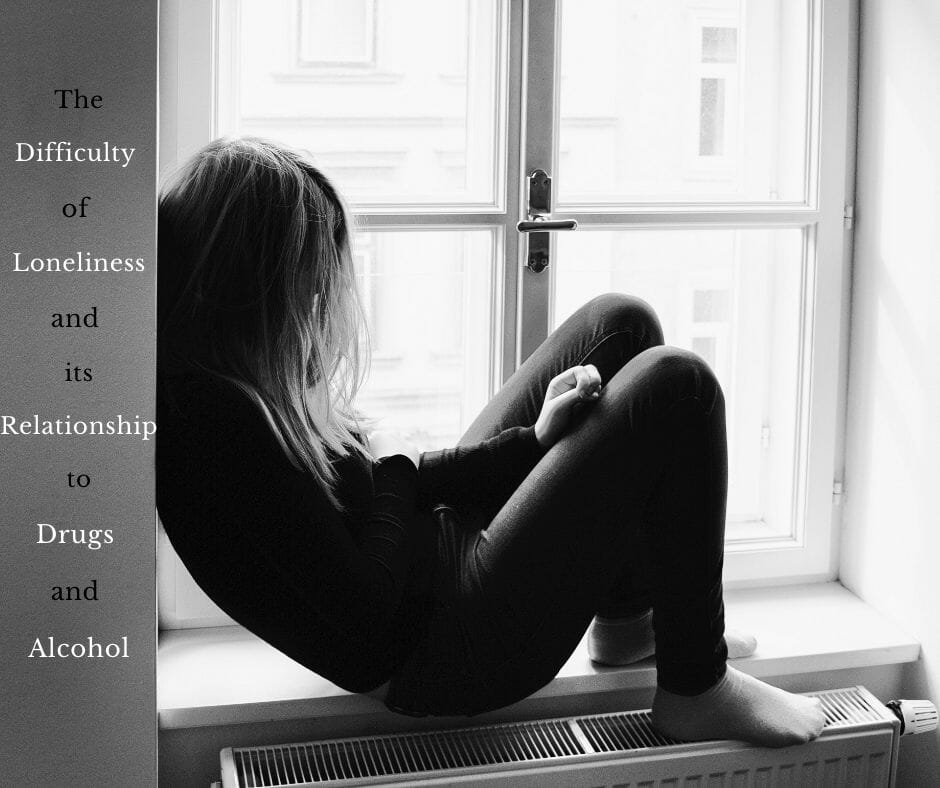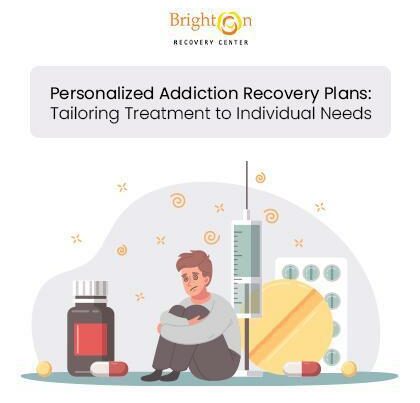The Difficulty of Loneliness and its Relationship to Drugs and Alcohol

Feelings of loneliness and addiction to drugs or alcohol often go hand-in-hand. Not only are feelings of loneliness common for those who are in recovery already, but these feelings can also be the cause that drives someone to seek comfort in drugs or alcohol in the first place. Loneliness and addiction are intertwined in a destructive way. Understanding the emotional impact of loneliness can help someone address their social needs or aid loved ones in reaching out for help. When addressing addiction, loneliness, and feelings of isolation will be a constant hurdle for many reasons.
Some people suffering from addiction may not believe that anyone else can understand them and the internal struggles they deal with, so they create barriers between themselves and those around them. Others may simply feel like they lack the skills to create meaningful relationships with others, and will instead continue to isolate themselves under the guise of comfort. Either way, loneliness will need to be addressed in helping those already in treatment for addiction and helping prevent addiction from developing.
Difference Between “Loneliness” and “Being Alone”
Spending time with one’s self isn’t inherently a bad thing. Being alone can be quite therapeutic on its own, allowing someone to detach from the stresses around them in order to relax after a stressful day or a hard day at work. Taking walks alone through a park or doing a hobby that someone is interested in themselves are great tools for helping someone detach when they need to and work through their emotional states. However, loneliness is something a bit different.
Loneliness can be defined as a perpetual state of mind rather than a physical space. It is wholly possible to feel completely isolated even when surrounded by people or at a public place. This can be because someone who is feeling especially lonely doesn’t tend to connect with those around them, or feels they will not be completely understood. Those experiencing this kind of loneliness may acknowledge those around them, but not feel like they are supported in any way and will seek comfort in other, more destructive, ways such as drugs or alcohol. Reaching out to those suffering from this intense loneliness can be difficult, as the heavy sense of isolation can shape how they may view the conversation. For example, the negative frame of view may cause them to perceive genuine efforts to help them as pity instead and further spiral through their loneliness.
Loneliness Begets Destructive Behaviors
There are many effects that loneliness can have on a person. They may feel increases in stress as they feel alone to face the world’s difficulties and their own lives and can develop inconsistent sleep schedules or simply cannot get the proper amount of rest they need. These discomforts, coupled with the notion that they feel as if they have to tackle the world alone, can cause someone to look to drugs or alcohol as a coping mechanism. The effects of drugs and alcohol are often quick-acting and are employed in order to distract someone from the loneliness that they are feeling, or otherwise allow them to continue to avoid confronting the source of their issues. For those in recovery, feelings of isolation and depression can be omnipresent as someone searches for their place in society. However, without a support system and developing a sense of loneliness, the chances of relapse can increase as they look for any way to, once again, feel like they are part of something.
By its nature, loneliness can also cause someone to stop thinking about the consequences of their actions. It is difficult to perceive how their use of drugs or alcohol would affect anyone else if they are feeling completely detached from the people around them in the first place. Addressing loneliness and addiction will include facing this notion head-on, and will require someone to begin to reframe their entire world view in a less negative light where they are an equal member.
Reaching Out to Someone in Isolation
Reaching out is a difficult thing to do. On the one hand, forcing someone to get out can prompt resistance. However, it can be even more destructive to allow someone to find their own coping mechanisms. Instead, it is important to simply provide options for someone. Start by constantly inviting them to low-commitment, nightly events, such as watching a family movie or playing a board game together. It also means starting small. Someone suffering from loneliness or substance abuse problems may not feel inclined to make grand plans, so it is helpful to start on a small, intimate level. Begin by making them dinner and delivering it to them, just to speak for a little and show that someone is providing support in some way. It can be getting someone a small gift while out, that can become a symbol that someone is thinking of them. Addressing loneliness is paramount when combating addiction development and helping quell the chances of relapse for those already in recovery. Support groups and activities are great ways to address this loneliness, but addressing these feelings of isolation internally as well as having the support of family and loved ones can create the much-needed feeling of support and acceptance that someone needs to address the issues they face every day.
Feelings of loneliness and isolation are constant stressors for someone in recovery and can be driving feelings that may cause someone to seek comfort in drugs or alcohol. If you or a loved one are struggling with an addiction to drugs or alcohol, and the feelings of loneliness, depression, or anxiety that often coincide with the use of drugs or alcohol, Brighton Recovery Center can help you take the next step in your journey to sobriety. With a comprehensive, six-building campus that includes many different kinds of treatment, from outpatient therapy to sober living, there are options available fo reach person to take recovery into their own hands. Many therapeutic practices are available, such as movement therapy, music therapy, meditation, and an on-site recreation center complete with a gym, thrift shop, coffee shop, and yoga studio. There are options for those to reach out and engage with the strong atmosphere of community that is championed by both the people and professionals at Brighton. For more information on how Brighton can help you, call today at (844) 473-7035.



